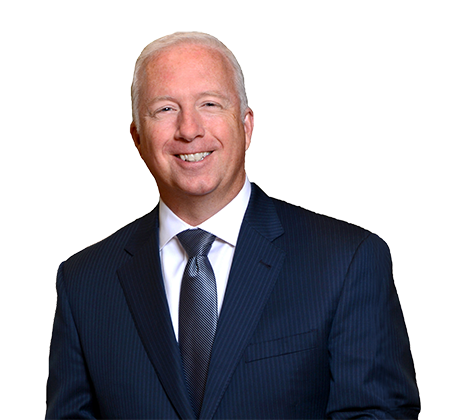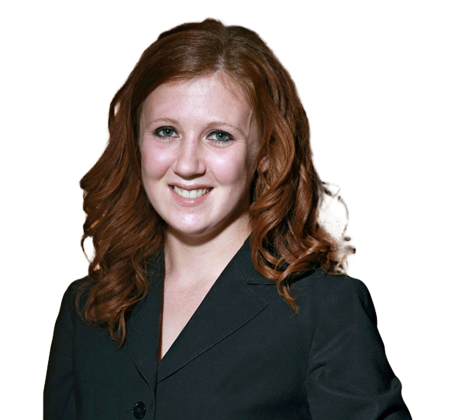On January 18, 2022, Governor Phil Murphy signed into law the New Jersey Insurance Fair Conduct Act (the “Act”). The Act takes effect immediately and represents a significant change in the law governing the conduct of automobile insurers in New Jersey.
The Act establishes a private cause of action for claimants who are injured in a motor vehicle accident and who are entitled to uninsured (“UM”) or underinsured motorist (“UIM”) coverage. Under the Act, a claimant may file a lawsuit against an insurer for: “1) an unreasonable delay or unreasonable denial of a claim for coverage or for payment of benefits; or 2) any violation of the provisions of section 4” of a separate statute, the New Jersey Unfair Claims Settlement Practices Act (N.J.S.A. 17:29B-4), which governs unfair methods of competition and unfair and deceptive acts or practices.
Case law in New Jersey had previously held that there was no private right of action for violations of the Unfair Claims Settlement Practices Act, but the Act now creates a private right of action for such violations. The Unfair Claims Settlement Practices Act sets forth various prohibited practices, such as failing to acknowledge and act reasonably promptly upon communications concerning claims, failing to adopt and implement reasonable standards for the prompt investigation of claims, failing to pay claims without a reasonable investigation, and attempting to settle a claim for less than the amount to which a reasonable person would have believed based on advertising material accompanying the application.
The new Act further notes that “the claimant shall not be required to prove that the insurer’s actions were of such a frequency as to indicate a general business practice.” If the plaintiff establishes that the insurer violated provisions of this Act, plaintiff is entitled to: “1) actual damages caused by the violation of this act which shall include, but need not be limited to, actual trial verdicts that shall not exceed three times the applicable coverage amount; and 2) pre- and post-judgment interest, reasonable attorney’s fees, and reasonable litigation expenses.” In addition, the Act prohibits rate increases as a result of compliance with the Act, but allows the Commissioner of the Department of Banking and Insurance to make certain rate adjustments, and forbids the dissemination of inaccurate or misleading information about the Act to policyholders or consumers.
Notably, the Act is limited to claimants who are entitled to UM/UIM coverage under automobile insurance policies. The Act leaves many questions unanswered, which we anticipate will be the subject of future litigation. For example:
- The Act does not define what constitutes an “unreasonable delay” in paying benefits or what constitutes “unreasonable denial” of a claim and whether this standard is the same as New Jersey’s existing standard for first-party bad faith as established in Pickett v. Lloyd’s, 131 N.J. 457 (1993), which New Jersey courts subsequently applied to UM/UIM claims;
- The Act does not specify whether the law will be applied to claims made prior to the Act’s effective date;
- The Act does not specify whether the cap on damages is restricted to three times the UIM coverage limits as stated in the policy, or the net limit accounting for any credit the UIM carrier is entitled to receive for the tortfeasor(s) liability coverage; and
- The Act does not specify the plaintiff’s burden of proof.
The Act will significantly impact the exposure presented by UM/UIM claims, and carriers should carefully assess their internal processes for handling these types of claims. Riker Danzig can assist carriers in the assessment process and development of practices to reduce exposure to claims under the Act. If you have any questions about this Alert, please contact any member of the Insurance Group below.
Brian E. O'Donnell
Lance J. Kalik
Glenn D. Curving
Michael P. O'Mullan
Anthony J. Zarillo, Jr.
Tracey K. Wishert
Michael J. Rossignol
Maura C. Smith
Jeffrey M. Beyer
Peter M. Perkowski, Jr.
Caroline Brizzolara
Anne M. Mohan
Marcia Miller Wefelmeier
Brooks H. Leonard
Casey A. Boyle
Craig M. Terkowitz
Cara Vecchione
Jeffrey A. Beer, Jr.

















